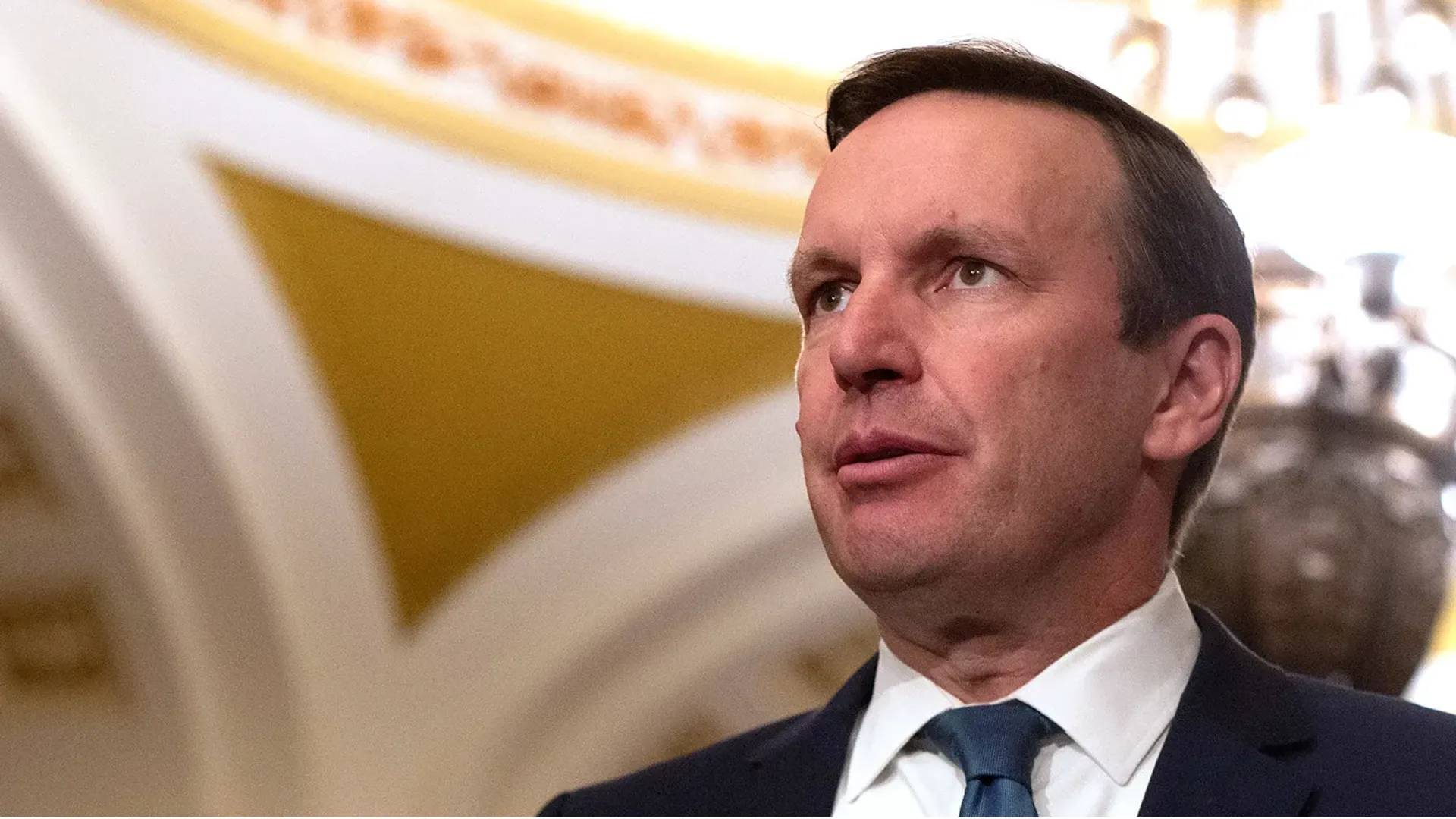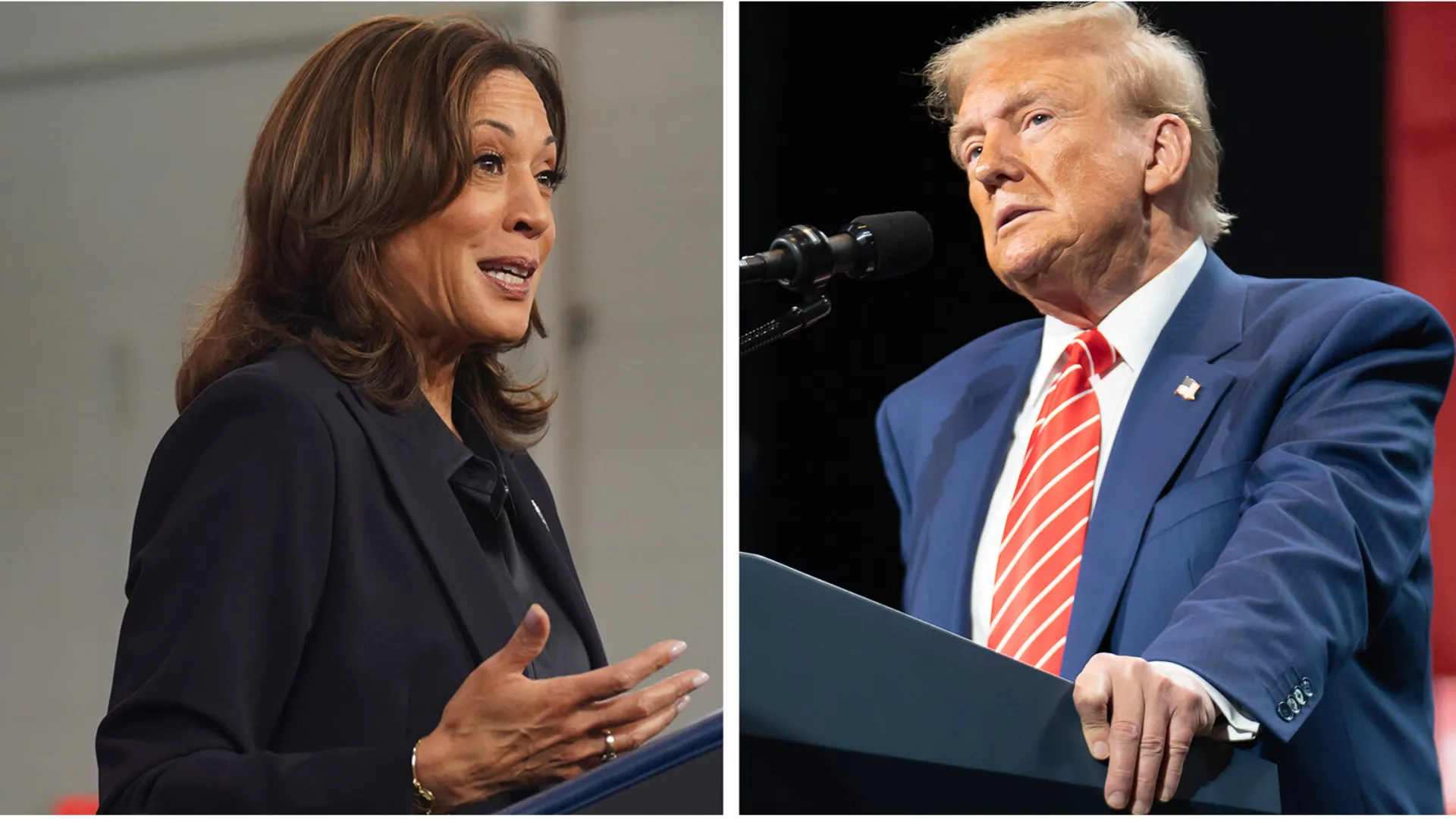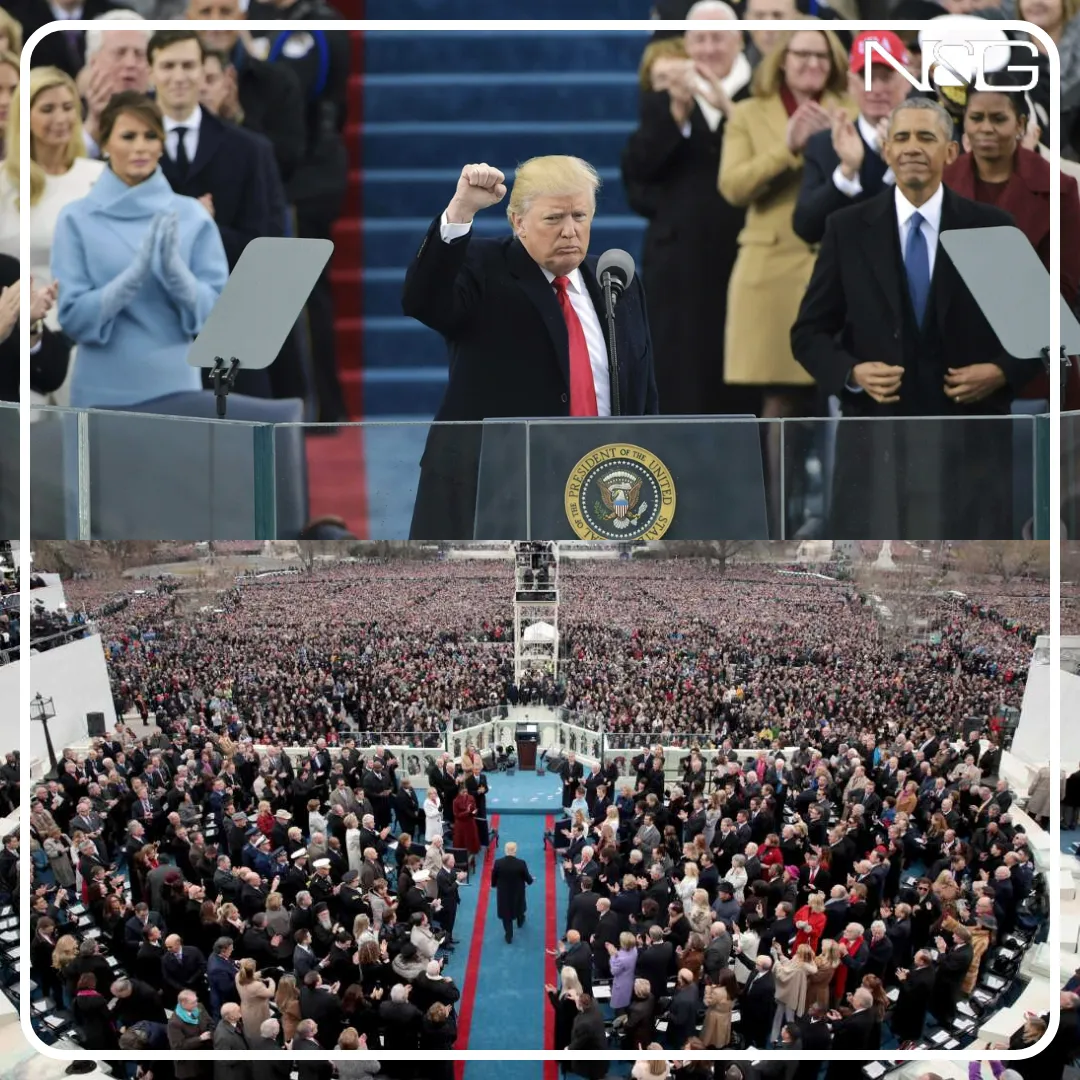
Rep. Rich McCormick (R-Ga.) criticized Elon Musk for his social media activity, claiming it derailed support for a continuing resolution (CR) aimed at preventing a government shutdown. Speaking on CNN Thursday evening, McCormick expressed frustration with Musk’s influence over legislative matters, noting that Congress operates independently of external pressures.
“This is a leadership challenge that Mike Johnson has to define himself with,” McCormick said, referencing the House Speaker’s role in managing the legislative process. “Are you going to get the right input from the right people to get this bill passed? Because, quite frankly, you can’t do it in a vacuum. And it doesn’t matter because, quite frankly, last time I checked, Elon Musk doesn’t have a vote in Congress.”
The CR, a 1,500-page bill designed to keep the government funded, initially had bipartisan support. However, Musk’s posts on his social media platform, X (formerly Twitter), seemed to shift the narrative. The billionaire voiced strong opposition to the bill, citing concerns about the rising national debt and arguing that the legislation failed to address fiscal responsibility.

Reports suggest that Musk’s influence may have even swayed former President Trump, who initially appeared supportive of the bill. Musk’s outspoken criticism created additional challenges for lawmakers racing against a tight deadline to prevent a government shutdown.
McCormick emphasized the need for lawmakers to prioritize their constituents over the opinions of influential figures like Musk. “Now, he [Elon] has influence, and he’ll put pressure on us to do whatever he thinks the right thing is for him,” McCormick told anchor Kaitlan Collins. “But I have 760,000 people that voted for me to do the right thing for them. And that’s what matters to me.”
The tech mogul has received mixed reactions from lawmakers for his involvement in legislative debates. While some members of Congress, like McCormick, have criticized Musk for overstepping boundaries, others have welcomed his input. Sen. Rand Paul (R-Ky.) went so far as to suggest that Musk should take on the role of Speaker of the House, an idea echoed by Rep. Marjorie Taylor Greene (R-Ga.), who said she was open to the possibility.

Musk’s relationship with former President Trump has further complicated his role in political discourse. As a trusted advisor to Trump, Musk has gained significant clout among Republicans. He is set to co-lead the newly created “Department of Government Efficiency” (DOGE), which aims to reduce federal spending by trillions of dollars during Trump’s upcoming term.
Critics argue that Musk’s influence undermines the democratic process, especially when unelected figures shape legislative priorities. McCormick’s comments highlight a broader debate over the role of private citizens and corporate leaders in government decision-making.
As Congress grapples with the delicate task of passing a funding bill, McCormick’s remarks serve as a reminder that lawmakers must balance external pressures with their obligation to represent their constituents. “This is about doing what’s right for the American people,” McCormick concluded. “Not what’s right for Elon Musk or anyone else outside this chamber.”



